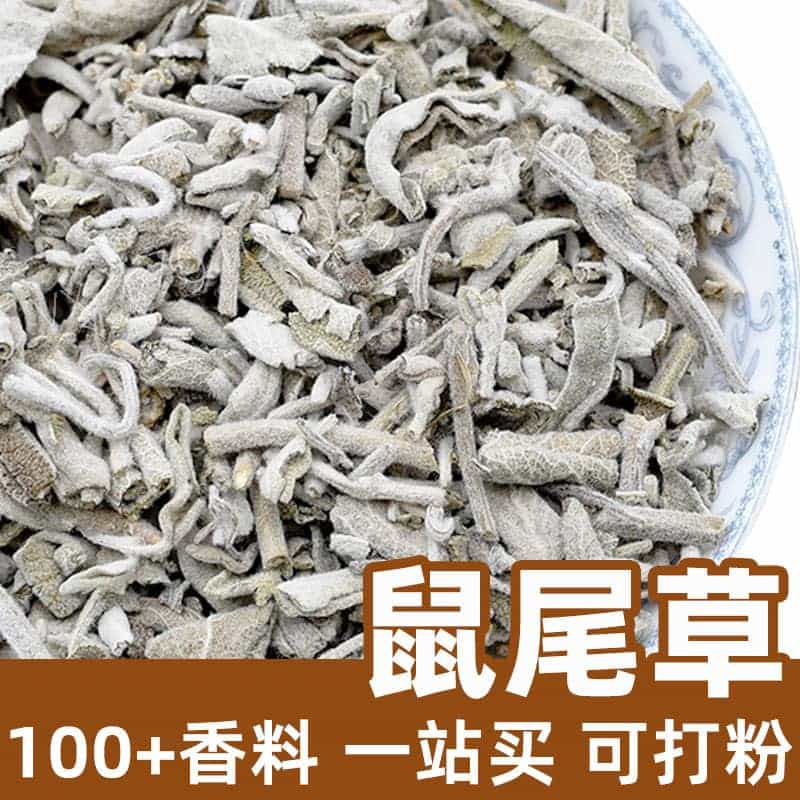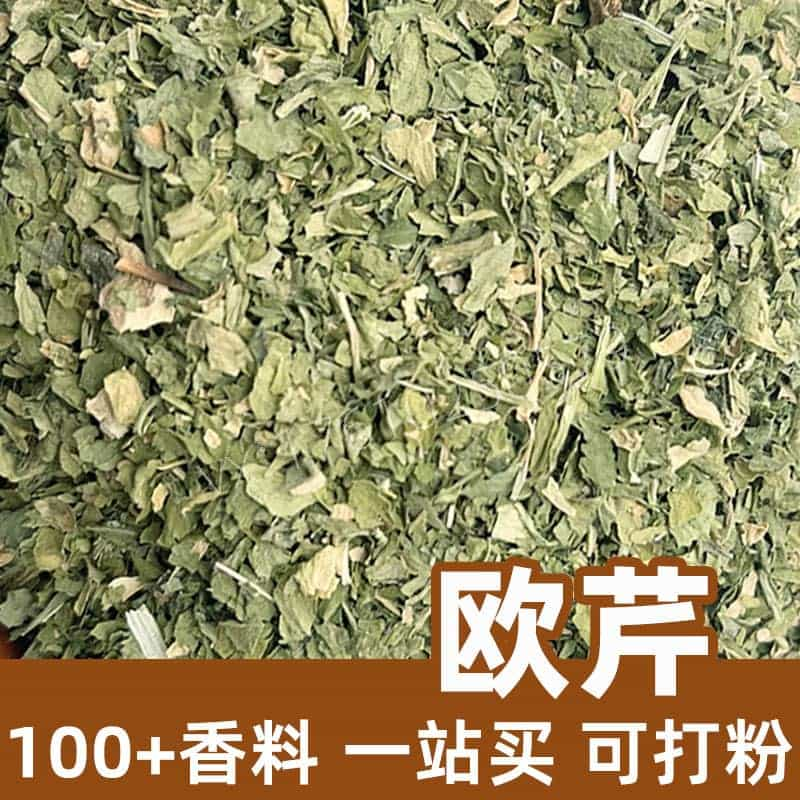Product Introduction
Black pepper is a widely used spice and seasoning, common in cooking and food preparation. It appears as small, dark grains that are typically round or slightly flattened.
Black pepper’s spice comes from its fruit, which is harvested once ripe and then dried and processed. It is rich in chemical components like piperine and volatile oils, giving it its characteristic spicy aroma and flavor.
Aromatic Chemical Components
The aroma of black pepper primarily comes from piperine and volatile oils, which give it its intense, spicy aroma and unique taste. Its scent is often described as hot, pungent, and slightly sweet.
Product Varieties
Black pepper is mostly available in grain form. Based on processing and grain size, black pepper can be divided into coarse and fine grains.
- Coarse Black Pepper: Typically whole peppercorns, ideal for use in cooking.
- Fine Black Pepper: Ground into smaller particles, commonly used for seasoning and condiments.
Usage Scenarios and Dosage
Black pepper is a common seasoning with extensive culinary uses. It can be added to meats, seafood, vegetables, and other dishes to enhance spiciness and aroma, making food more flavorful and appealing.
Black pepper also has some medicinal uses. Traditional pharmacology considers it to have warming, detoxifying, and digestive properties. It is often used in herbal remedies, such as black pepper boiled in ginger juice.
The amount of black pepper can be adjusted based on personal taste and the specific dish. It’s usually recommended to sprinkle a moderate amount over food or add during cooking.
Plant Origin, Distribution, and Growth Environment
Native to India, black pepper is cultivated in many tropical regions. The black pepper plant is a climbing vine that requires a tropical climate and humid environment to grow.
It is grown in regions such as India, Indonesia, Brazil, and Vietnam, needing ample sunlight and moderate water to thrive.
Harvesting, Processing, and Storage
Once the black pepper fruit ripens, it is harvested and processed by drying. Dried black peppercorns generally have a long shelf life.
To maintain freshness and quality, black pepper should be stored in a cool, dry place away from direct sunlight. Keeping it in a sealed container can help extend its freshness.
Monica Sun is a seasoned expert in the natural raw materials industry, with over a decade of experience specializing in traditional Chinese medicinal herbs, spices, and fungi. She is skilled in the sourcing, processing, and application of these materials, emphasizing sustainability and innovation. Monica Sun has contributed to the development of high-quality natural raw materials that serve as essential components in functional foods, pharmaceuticals, and cosmetics, delivering tailored solutions to meet diverse market needs.

.jpg?orientation=landscape&width=800&height=800)







.jpg)


.jpg)


